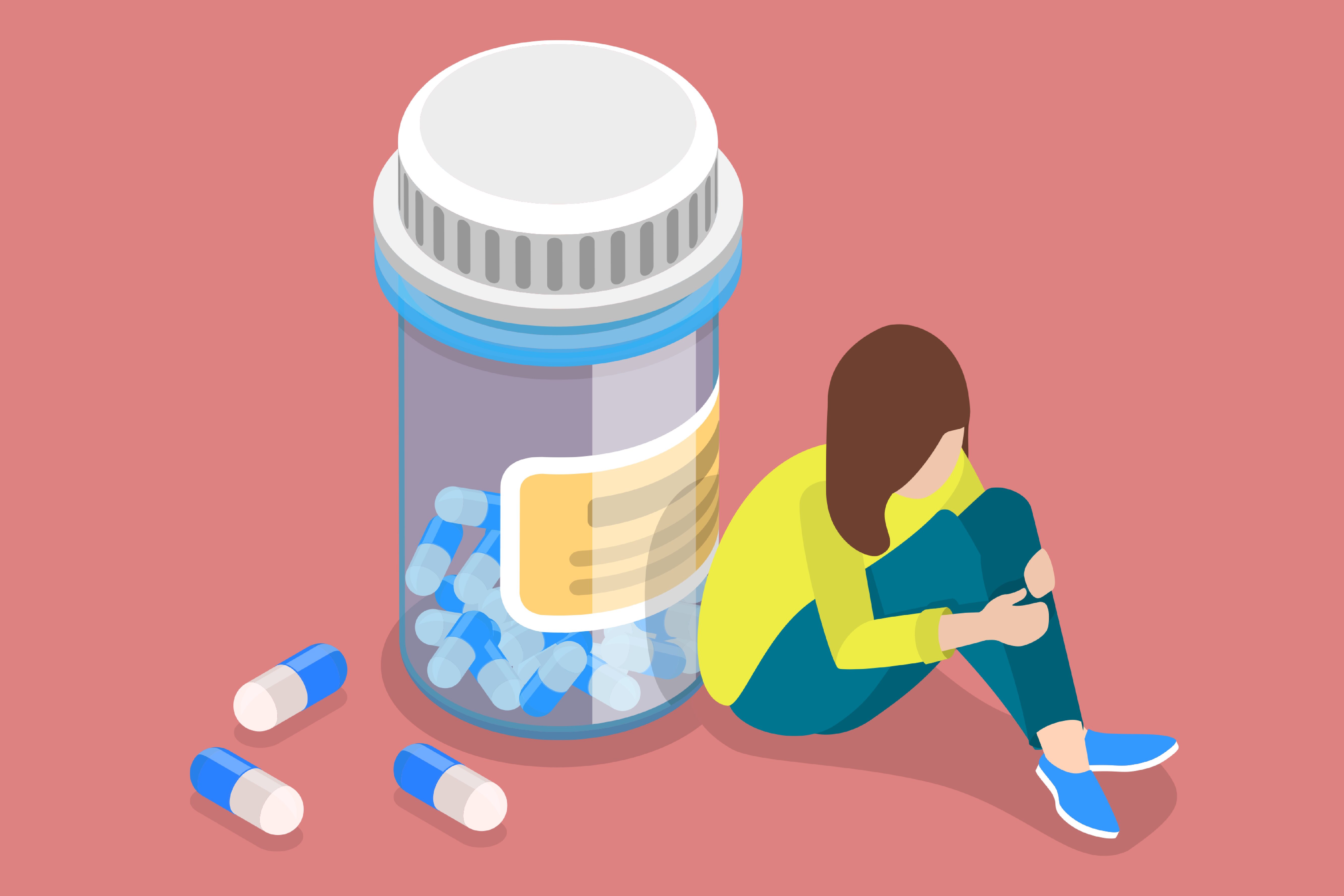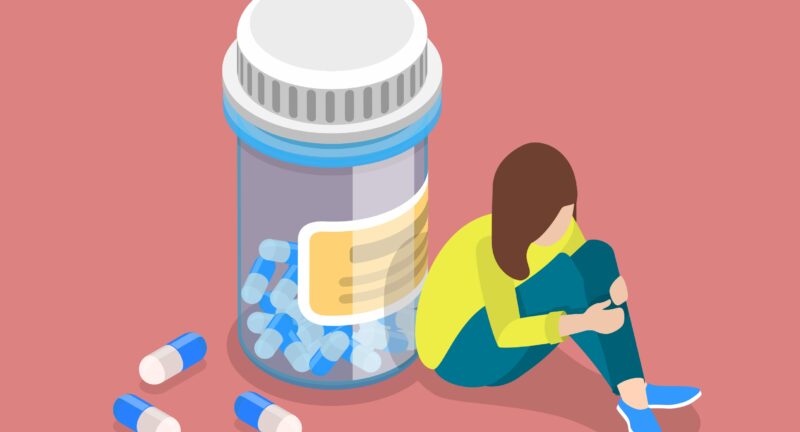
Depression Medication: Should You Take Medication for Depression?
Antidepressant medication, or medication to treat depression, can be prescribed by psychiatrists and other physicians to help reduce the symptoms of depression? But is medication a cure for depression, and is depression medication the right choice for you?
Treatment for Depression & Depression Medication: Plantation, Florida via Tele-Health in the Entire State of Florida

Psychotherapist in Plantation Florida
I’m Dr. Chantal, the founder of Plantation Counseling and Wellness is Broward County, FL, When I decided to add psychiatry and medication management to our psychotherapy and wellness practice, it was really important to me to only work with physicians who are thoughtful in the way they prescribe anti depressants. Too often, doctors will prescribe medication without giving thought to the cause of a person’s depression. When psychiatrists or other prescribers do that, it usually doesn’t help people achieve the mental health wellbeing they want. If you’re like most people struggling with some type of depression, you want to feel happy and live your life again. You want to enjoy things and feel motivated, and you want to have more energy and a more positive feeling about your life. We want that for you too!
Plantation Psychiatry
That’s why when I opened Plantation Psychiatry (a boutique division of Plantation Counseling and Wellness) to serve the psychiatry and mental health needs of children, adolescents and adults, I specifically looked for psychiatrists who are interested in collaborating with our psychologists, psychotherapists or family therapists to help figure out the causes of depression, and give each person treatment recommendations that are uniquely tailored to their needs and current situation.
While you might be interested in reading my blog post on the different Types of Depression and the different Treatments for Depression, in this post I’ll tell you a little bit about the Different Types of Medication for Depression.
Depression Medications
Selective Serotonin ReUptake Inhibitors (SSRI’s)
SSRI’s or selective serotonin re-uptake inhibitors, are sometimes referred to as “new generation antidepressants”. These medications work by increasing the amount of serotonin available in your brain. While no one can tell you that low serotonin levels causes depression (some health care providers may tell you that but the truth is that researchers have not yet proven that low serotonin levels cause depression), we do know that increasing the serotonin available in the brain, for many people, leads to improvements in their mood. That means that they start to feel better after taking an SSRI for a few weeks.
Examples of SSRI’s include: Prozac (fluoxetine), Zoloft (sertraline), Paxil (paroxetine), and Celexa (citalopram).
Serotonin and noradrenaline reuptake inhibitors (SNRIs)
Serotonin and Noadrenaline Reuptake Inhibitors (SNRI’s) work in a way that is similar to SSRI antidepressant medications. SNRI’s make both serotonin and norepinephrine more available in your brain. Norepinephrine (also called noradrenaline) is a chemical in your body that helps to transmit signals among different parts of your nervous system.
When your levels of norepinephrine are too low, you might experience some of the following anxiety, depression or physical symptoms:
- Headaches;
- Memory Problems;
- Sleeping Problems;
- Anxiety;
- Depression;
- Attention, Focus or Hyperactivity Problems;
- Hypotension (low blood pressure);
- Hypoglycemia (low blood sugar);
- Problems with Heart Rate.
SNRI’s include: Effexor (venlafaxine), Pristiq (desvenlafaxine), Cymbalta (duloxetine), and others.
TriCyclic and TetraCyclic AntiDepressant Medication
TriCyclic antidepression medication has been around longer, and is sometimes referred to as “older generation antidepressants”. TriCyclic or TetraCyclic antidepressant meds act on several neurotransmitters at once. They help to change your brain chemistry and may relieve the symptoms of depression, anxiety, OCD (obsessive-compulsive disorder), and and nerve-related (neuropathic) pain.
Examples of Tricyclic and Tetracyclic medications include: Elavil (amitrityline), Remeron (mertazepine), Seroquel (quetiapine) and others.
What is the Best Treatment for Depression: Medication or Psychotherapy?
Antidepressants and psychotherapy have both been shown to be effective treatments for depression, but the best depression treatment for you will really depend on your depression symptoms and seems to have caused your depression symptoms. After you doctor has had an opportunity to meet with you and fully assess your case, he/she will explain different depression treatment options to you and make some recommendations based on their experience treating depression.
Book your initial new patient appointment, or send us an email to get in touch with our Clinical Coordinator.
[gravityform id=”1″ title=”true” description=”true”]Related Posts
Depression Medication: Should You Take Medication for Depression?
Antidepressants: Medication for Depression Antidepressant...
What is a Psychiatrist?
What is a Psychiatrist? A psychiatrist is a medical doctor (someone who went...


